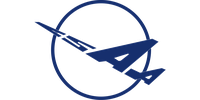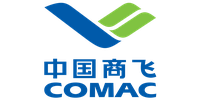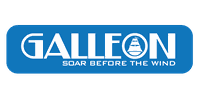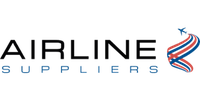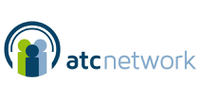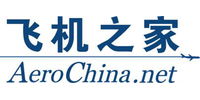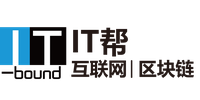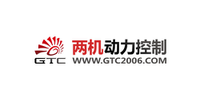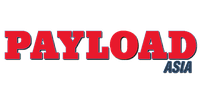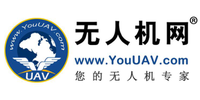根据波音公司预测,全球机队规模到2041年预计将增长近一倍达到47080架,未来20年全球将需要60.2万名飞行员来支持航空旅行复苏并满足长期增长需求,其中中国市场的飞行员需求量在12万6千名左右,国内飞行培训行业的快速发展,在很大程度上满足了民航对飞行员数量的需求。运输航空公司飞行训练改革持续深化,尤其是飞行员技能全生命周期管理体系建设深入推进。以民航强国建设为目标的智慧民航建设付诸实施,新一代训练管理规章大幅度修订。所有这些使国内飞行培训行业的发展面临新的机遇与挑战。如何抓住机遇促进发展、迎接挑战管控风险,成为全行业的关注热点,另一方面,国家民航主管部门和相关地方政府不断深化"放管服"改革,采取了一系列积极措施,引导国内民航飞行培训行业健康发展。新修改的《民用航空器驾驶员学校合格审定规则》和《飞行模拟训练设备管理和运行规则》等规章,从国内航空产业实际出发,允许通过评估的轻型运动类航空器用于商用驾驶员执照飞行培训,扩大了飞行培训行业选用国产航空器的范围。同时,修订飞行训练模拟设备的审定、鉴定和检测标准,促进了国内飞行模拟设备的研发生产。一批国产模拟设备投入实际应用,打破了国内市场被国外长期垄断的局面。
According to the forecast of Boeing, the global fleet size is expected to nearly double to 47,080 aircraft by 2041. In the next 20 years, the world will need 602,000 pilots to support the recovery of air transportation and meet the long-term growth of demand, of which around 126,000 are needed in China, where the rapid development of the domestic flight training industry has largely met the demand for pilots. The reform of flight training for transport airlines continues to deepen, especially the construction of PLM. The construction of intelligent civil aviation with the goal of building a powerful civil aviation country was put into effect, and the regulations on the management of new generation training were greatly revised. All these make the development of domestic flight training industry face new opportunities and challenges. How to seize opportunities to promote development, meet challenges and control risks has become the focus of the whole industry.
On the other hand, national civil aviation authorities and relevant local governments have deepened the reform of "decentralization, regulation and service" and adopted a series of positive measures to guide the healthy development of domestic civil aviation flight training industry. The newly revised Rules for the Certification of Flight Academy and the Rules for the Management and Operation of Flight Simulation Training Equipment and other regulations, according to the actual situation of the domestic aviation industry, light sport aircraft that have passed the evaluation are allowed to be used for flight training for commercial pilot license, expanding the scope of domestic aircraft selected by the flight training industry. At the same time, the certification, authentication and testing standards of flight training simulation equipment have been revised to promote the development and production of domestic flight simulation equipment. A batch of domestic analog equipment was put into practical application, breaking the situation that the domestic market was monopolized by foreign countries for a long time.
